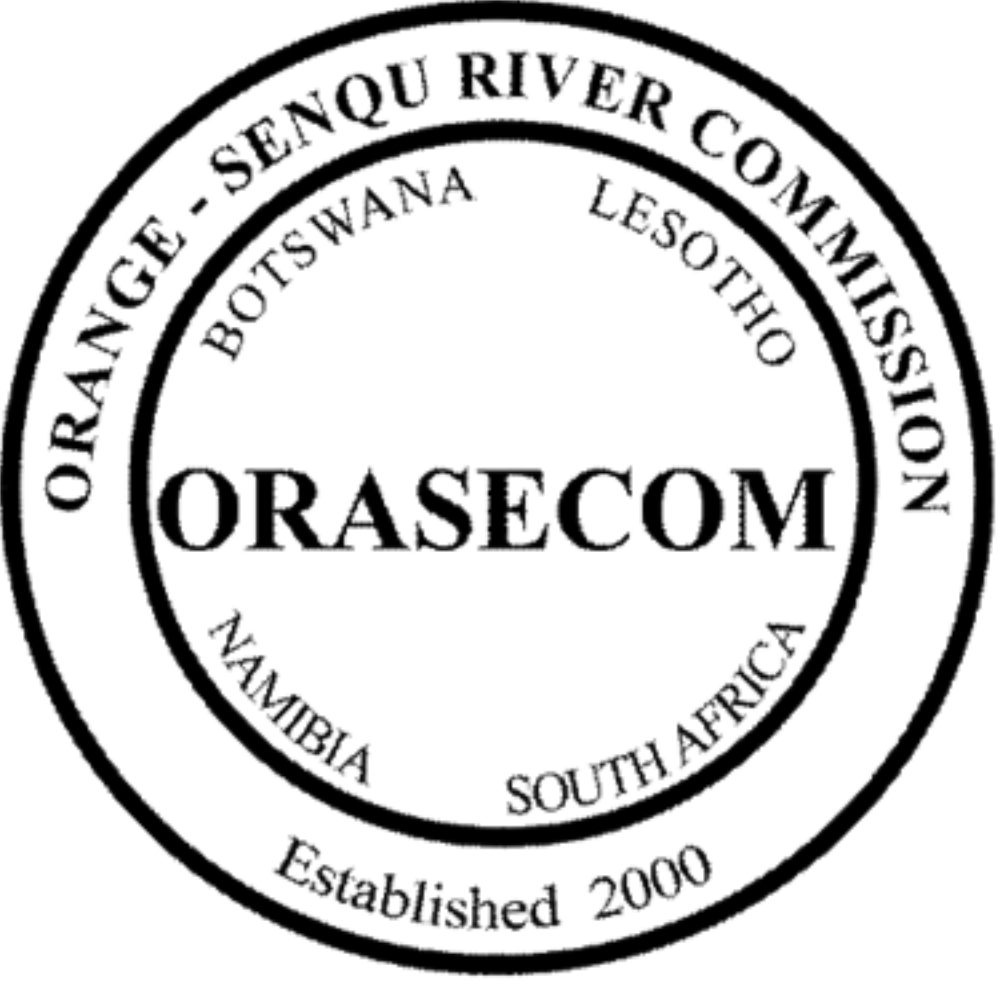The frosty relations between Egypt and Ethiopia over water resource are threatening to evolve into what experts have termed the “Water War” as both countries claim monopoly of the resource and getting prepared to engage in armed conflict to stake their claim.
The bone of contention is WATER and the main players are Egypt and Ethiopia, with Sudan in the mix attempting to play a referee in an ugly spat between the two countries, to what seems to have been a futile exercise.
Water is indeed, a matter of life and death and people will resort to all means necessary to attain this precious resource.
Central to the flexing of muscles between the two states is the water flowing through the Nile River basin that is said to be benefitting eleven other countries on the continent. In 2011, Ethiopia launched the construction of the Grand Ethiopia Renaissance Dam to the annoyance and disapproval of the Egyptian Government. The dam built by Ethiopia along the Nile River basin is said to have a capacity of 74 billion cubic metres water storage and Egypt argue that this will have a huge impact on water supply for almost 150 million Egyptians and Sudanese people.
From this, a lot of comparison can be drawn with South Africa and its neighbouring states. Lessons can be learnt at greater length on how to be cordial with one another and manage all the shared water sources fairly without any hostilities.
South Africa through the Department of Water and Sanitation, shares water sources in different river basins with different states such as Lesotho, Botswana, Namibia, Mozambique, Zimbabwe, Swaziland to mention just a few. The management of these water sources is through official and signed agreements entered into by these countries in an effort to equally benefit from this natural water resource that we all cannot live without.
Botswana, South Africa, Mozambique and Zimbabwe have a shared water resource through Limpopo River Basin and a Limpopo Watercourse Commission was subsequently established after the four states signed an agreement on how this basin can be managed for the developmental needs of these states.
Similarly, the Incomati and Maputo River basins are shared fairly by South Africa, Mozambique and Swaziland and this trans-boundary cooperation was signed more than 50 years ago on the joint utilisation of rivers of common interest. These river basins take care of the needs of these riparian states to avert any possible water shortages in times of drought.
The Orange-Senqu River basin is evenly utilised and shared by South Africa, Lesotho, Namibia and Botswana.
A lot can be learnt here. States can work together in a harmonious manner to evenly share water sources through co-operations without bullying each other about who ought to benefit more out of water than the other. Such attitudes are not helping Africa’s developmental agenda but are bound to end up having innocent people suffering a great deal.
In 1929 and 1959, there were signed treaties giving Egypt powers to monitor how the countries upstream utilise the Nile River water sources. The treaty also gave them powers to veto any projects that would present a risk to its water security but that agreement is seen as invalid and unfair by Nile basin countries, as it was drawn up under the auspices of British colonialists. Countries such as Ethiopia never put their names to the agreement.
As these countries battled it out with war of words over the decades, the infamous 1979 declaration made by the then Egypt President, Anwar Sadat stating that “the only matter that could take Egypt to war again is water”. Meanwhile Ethiopian General Birhanu Jula recently said: “Egyptians and the rest of the world know too well how we conduct war whenever it comes.”
While the United Nations’ Security Council is still deliberating on this looming “Water War”, let us hope that sanity will prevail so that the war is averted and the countries upstream and downstream Nile river basin benefit equally.
If countries face off like this, it can only mean that water is not only a matter of life and death but an essential for life and our survival and we cannot live without it. Water is central to many of our needs, agriculture, domestic use, economic development, employment creation, electricity generation and many other essentials.
No country can be comfortable with a single source of water with all the competing needs and the demand for water and South Africa is not oblivious to this fact as water is a scarce resource particularly now that the world is faced with effects of climate change.
Let us work together from politicians, to businesses, to civil society organisations and water users by protecting and saving this precious resource and ensure that there is equal share for everyone to benefit.
The people of Botswana, Lesotho, Mozambique, Namibia, South Africa and Zimbabwe have looked beyond narrow self-interests and promote the bonds of solidarity within our global community by sharing.
Andile Tshona is a Communicator at the Department of Water and Sanitation



